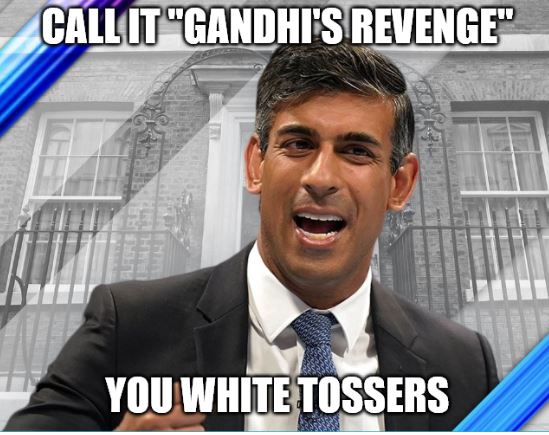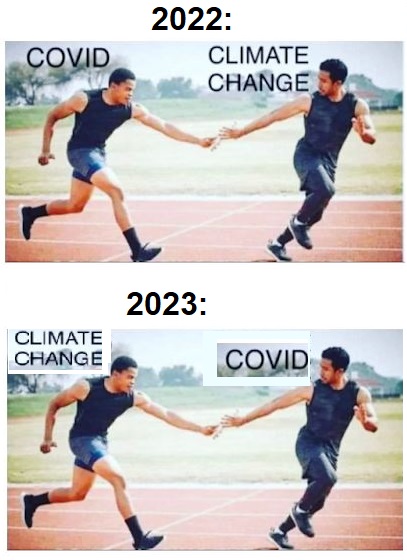The Treasury Department, on behalf of federal law enforcement after January 6, 2021, asked banks to snoop through customers’ transactions for signs of “extremism,” such as purchases of “small arms” or from gun retailers Dick’s Sporting Goods, Bass Pro Shop, or Cabela’s.
Dunno why they’d include Dick’s, which doesn’t sell any guns anymore (or shouldn’t, given their track record), but whatever. It’s Gummint, so their lists are probably way out of date. But it gets worse, by Rep Jim Jordan’s (R-OH) estimate:
According to the analysis, FinCEN warned financial institutions of “extremism” indicators that include “Transportation charges, such as bus tickets, rental cars, or plane tickets. for travel to areas with no apparent purpose,” or the purchase of books — including religious texts — and subscriptions to other media containing extremist views.
“In other words, FinCEN urged large financial institutions to comb through the private transactions of their customers for suspicious charges on the basis of protected political and religious expression,” Jordan wrote.
Jordan said FinCEN also distributed slides prepared by one bank explaining how other banks could use MCCs to detect customers whose transactions may reflect “potential active shooters, [and] who may include dangerous International Terrorists / Domestic Terrorists / Homegrown Violent Extremists (‘Lone Wolves’).”
This, by the way, is why you should never give the government any information, if you can — they’ll just use it, and not always (or ever) to your advantage.
I shouldn’t have to remind anyone of this, but: cash purchases, individual sales, gun shows, and you know the rest, Anything to prevent the fucking Gummint from seeing what’s under your fingernails.
As for the travel part: drive, buy gas with cash, disable any tracking bullshit on your phone (Google Maps, for instance) and leave as little trace as possible.
Range time, Kim? Yes, indeed.






